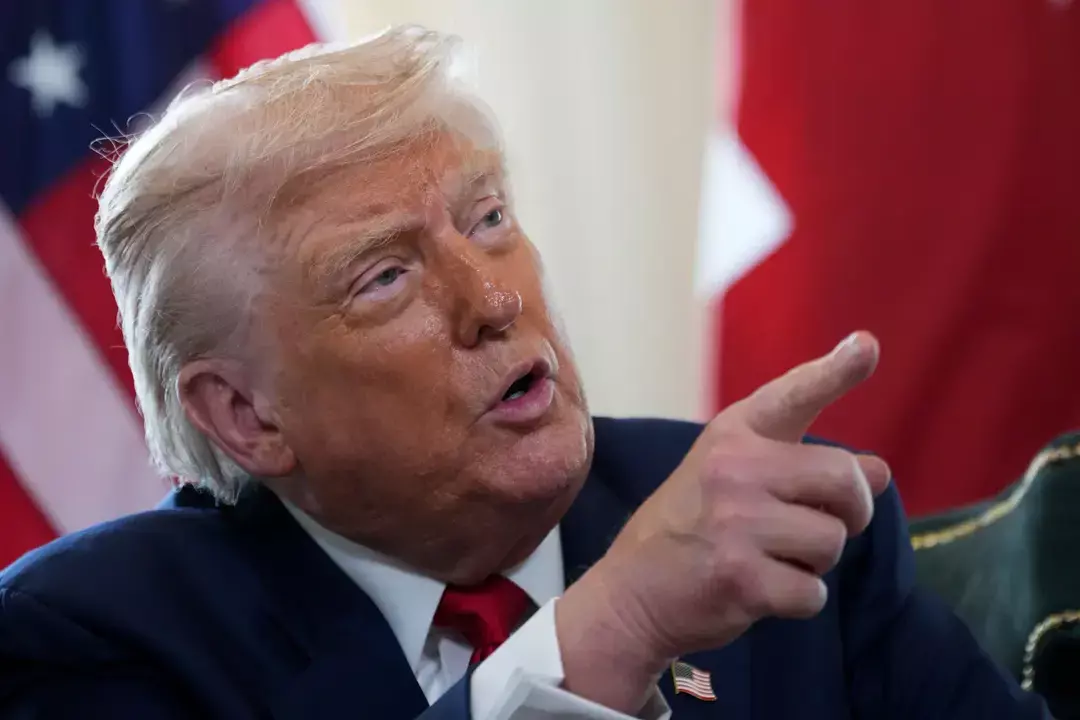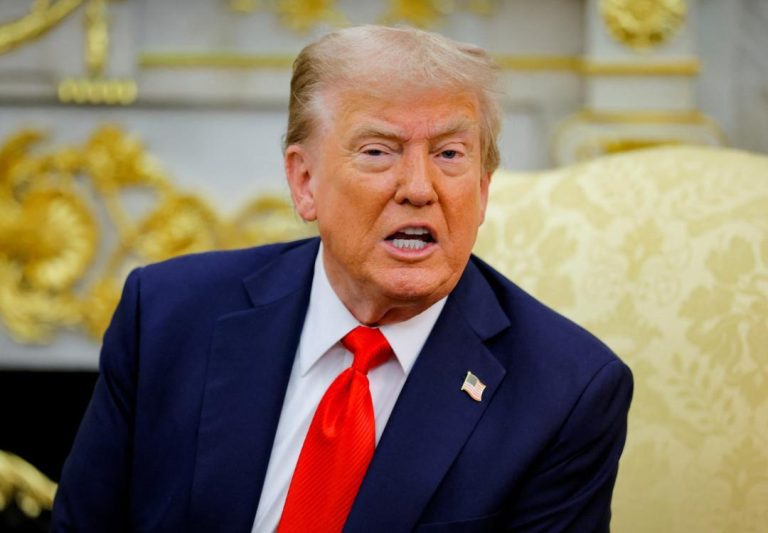
Trump’s India Tariffs Trigger Nifty Weakness: Analyst
The recent decision by the United States to impose a 25% tariff on Indian imports has sent shockwaves through the Indian equity market, with analysts warning of potential bearish pressure on the Nifty. The move is likely to have a significant impact on export-heavy sectors such as auto, pharma, and textiles, which may face a significant downturn as a result.
According to Mayank Singh Chandel, an analyst, the tariffs are likely to trigger a deep correction in the Indian market, with the Nifty facing a strong likelihood of falling below its crucial support level of 24,600-24,649. “The tariffs will have a significant impact on the Indian market, particularly on sectors that are heavily reliant on exports,” Chandel said in a statement. “The auto, pharma, and textiles sectors are likely to be the most affected, with companies in these sectors facing a significant increase in costs and a potential decline in demand.”
The Indian government has long been a vocal critic of the US tariffs, with Prime Minister Narendra Modi and his government warning of the potential negative impact on the Indian economy. In a recent statement, the Indian government said that the tariffs were “unfair” and would have a significant impact on the country’s exports.
The impact of the tariffs on the Indian market is not limited to the export-heavy sectors. The broader market is also likely to be affected, with analysts warning of a potential correction in the Nifty. “The tariffs will have a ripple effect across the market, with the Nifty potentially falling below its support level of 24,600-24,649,” Chandel said. “Investors should be cautious and consider reducing their exposure to the market until the impact of the tariffs becomes clearer.”
Despite the potential bearish pressure on the Nifty, there are some sectors that may remain resilient amid the uncertainty. FMCG (fast-moving consumer goods) stocks, defense stocks, and infrastructure stocks may continue to attract strong domestic flows, which could help to mitigate the impact of the tariffs.
FMCG stocks, which are heavily reliant on local demand, are likely to be less affected by the tariffs. Companies such as Hindustan Unilever, Nestle, and ITC are likely to continue to perform well, despite the potential challenges facing the broader market.
Defense stocks are also likely to remain resilient, with the Indian government continuing to invest in the sector. Companies such as Hindustan Aeronautics, Bharat Electronics, and Larsen & Toubro may continue to attract strong interest from investors, despite the potential impact of the tariffs.
Infrastructure stocks, which are also heavily reliant on local demand, are likely to be less affected by the tariffs. Companies such as Larsen & Toubro, Tata Projects, and Jaypee Infratech may continue to perform well, as the Indian government continues to invest in infrastructure development.
In conclusion, the recent decision by the US to impose a 25% tariff on Indian imports is likely to have a significant impact on the Indian market. Export-heavy sectors such as auto, pharma, and textiles may face a significant downturn, while the broader market may potentially fall below its support level of 24,600-24,649. However, some sectors such as FMCG, defense, and infrastructure may remain resilient amid the uncertainty, with strong domestic flows continuing to support these stocks.





